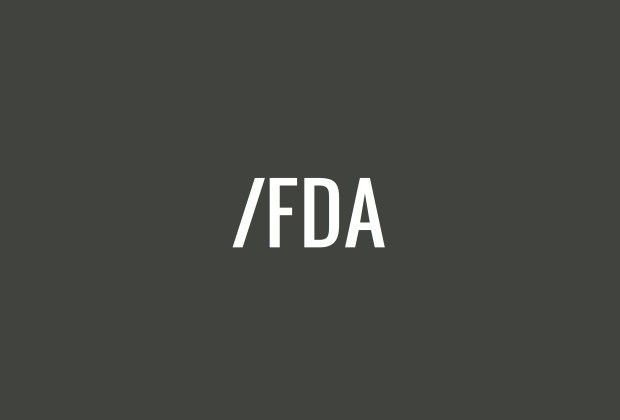Earlier this week, attorneys for the plaintiffs in the Texas FDA lawsuit responded to the FDA’s arguments against summary judgment.
The case, En Fuego et al. v. FDA et al. n Fuego Tobacco Shop et al. v. United States Food and Drug Administration et al., originally started last January in Texas, but has now been moved to the D.C. Circuit Court.
Unlike the original D.C. FDA lawsuit, the Texas case deals with questions over whether the U.S. Food & Drug Administration (FDA) did not correctly evaluate how its deeming regulations would affect premium cigars. The D.C. case deals with questions related to all cigars. This lawsuit was filed by En Fuego, a Dallas area cigar shop; El Cubano Cigars of League City and the Texas Cigar Merchants Association.
Summary judgment is a legal procedure where one party in a case asks a judge to rule on all or parts of the case regarding legal issues surrounding a case. A summary judgment is centered around questions of law instead of questions of fact.
The plaintiffs are seeking an injunction against the rules for premium cigars.
This week’s filing responds to an April filing from FDA seeking a cross motion for summary judgement. Both the April filing and the response this week largely consist of repetition of previous arguments and at times, slightly more in-depth arguments on the topic.
The main question in this case surrounds the requirement of warning labels on cigar boxes and advertisements. The plaintiffs argue that FDA cannot prove that the warning labels are needed for a variety of reasons including whether there is evidence premium cigars are dangerous, whether the warning labels will be effective in changing consumer behavior, whether there are enough people that would be affected by the warning labels to serve a substantial interest and more.
A newer argument is whether the warning labels should include a qualifying statement at the end of them such as “when used frequently,” something that wouldn’t be legal as of now. The plaintiffs argue the data—which suggests that only 3.5 percent of cigar users smoke a cigar or more per day—would support such a statement.
Other questions include whether the government did enough research—or whether it has even concluded its research—in regards to the need for the regulation of premium cigars. There is also a discussion of the cost of implementing the regulations. The plaintiffs also continued to make a moonshot argument that the FDA rules are unconstitutional because the rule was issued by someone who was not the secretary of the Department of Health and Human Services (HHS) or the commissioner of FDA.


